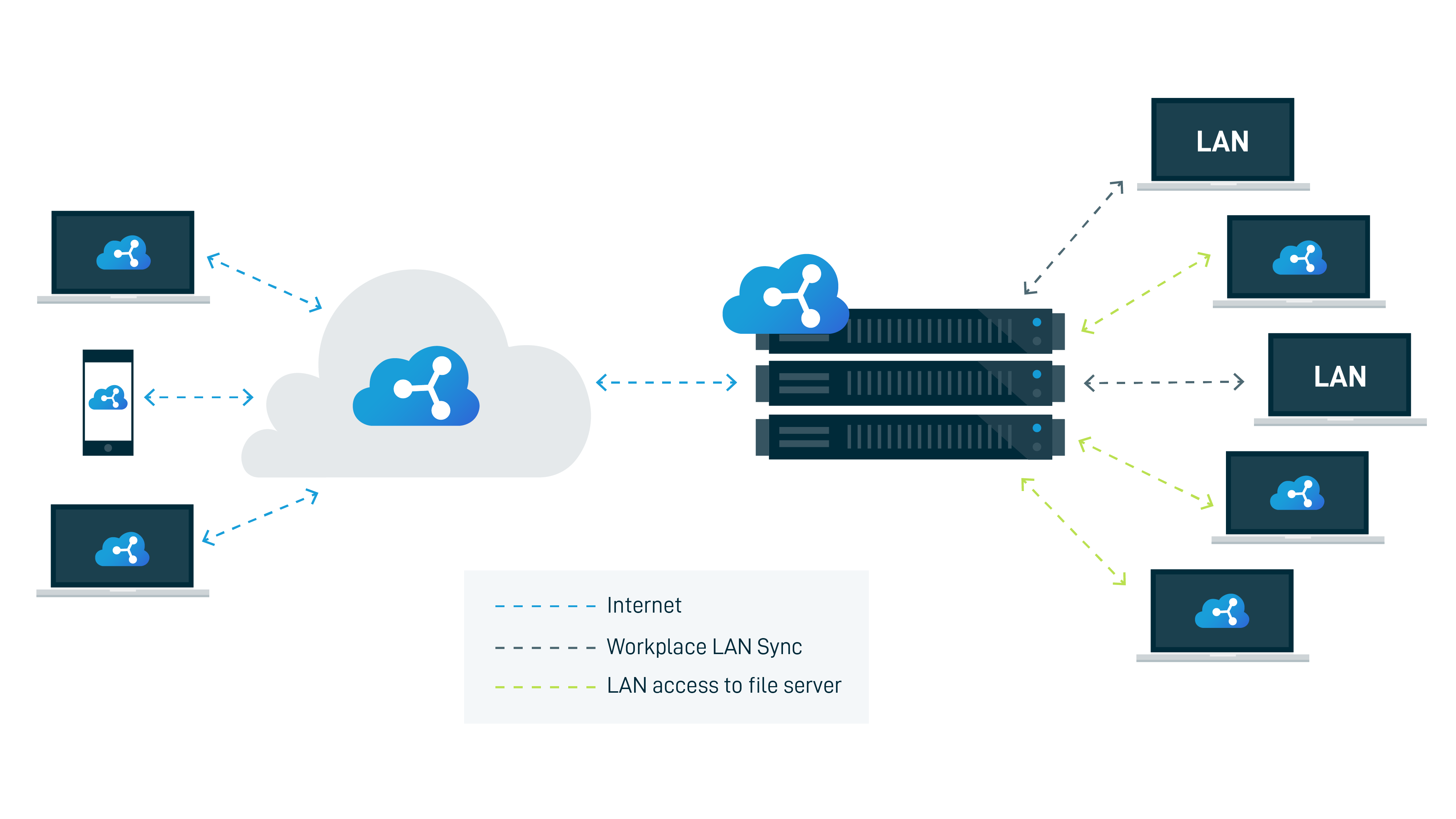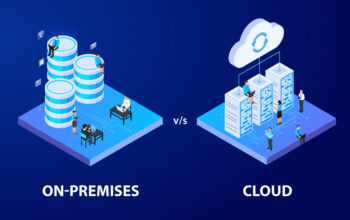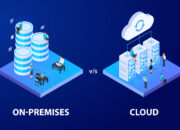In today’s fast-paced digital world, having a reliable server is essential for the smooth operation of any business. Whether it’s for storing data, hosting applications, running websites, or facilitating internal communication, a server plays a key role in ensuring that everything runs seamlessly. This guide will help you understand the different types of business servers available and what to consider when choosing the best one for your needs.
What Are Business Servers?
Simply put, business servers are powerful machines designed to support your company’s day-to-day operations. Unlike personal-use servers, business servers are built for performance, security, and reliability. They handle everything from data storage and running enterprise applications to enabling internal communications. Whether you’re a small startup or a large enterprise, having the right server can make or break your business operations.
Types of Business Servers
Dedicated Servers

- What is it? A physical server reserved for one business, offering maximum performance with dedicated CPU, memory, and storage.
- When to use it? For businesses with heavy traffic or high-performance needs, like e-commerce sites.
- Benefits: High performance, full control, enhanced security.
- Drawbacks: Higher cost, complex management.
Virtual Private Server (VPS)

- What is it? A virtualized server offering more control than shared hosting, with isolated resources.
- When to use it? Ideal for small to medium-sized businesses needing flexibility without the cost of a dedicated server.
- Benefits: Affordable, flexible, scalable.
- Drawbacks: Shared resources can impact performance.
Cloud Servers

- What is it? Servers hosted on the cloud, offering scalable resources based on demand.
- When to use it? For businesses needing scalability and flexibility, like startups.
- Benefits: Scalable, pay-as-you-go, easy management.
- Drawbacks: Reliant on the cloud provider, potential data privacy issues.
Hybrid Servers

- What is it? A mix of physical and cloud servers, storing sensitive data on dedicated servers while using the cloud for other applications.
- When to use it? For businesses needing both control and cloud flexibility.
- Benefits: Balanced control and scalability, efficient resource use.
- Drawbacks: More complex management.
Factors to Consider When Choosing a Business Server
- Performance Needs
- Identify how much data your business needs to process and store. Consider the requirements of your applications—whether they need significant CPU or memory power. Businesses running heavy applications or high-traffic websites need high-performance servers.
- Security
- Security is a top priority for any business server. Look for a server that offers features like encryption, firewalls, and security protocols to safeguard sensitive business data from cyber threats.
- Scalability
- As your business grows, so will your server needs. Choose a server that can scale as your company expands, whether by adding more physical servers or increasing the capacity of your cloud infrastructure.
- Cost
- Budget is always a consideration. Determine how much you are willing to spend on a server, and whether you prefer a one-time purchase for a physical server or a subscription-based cloud solution. Don’t forget to account for ongoing management and maintenance costs.
- Reliability and Uptime
- Make sure the server you select offers excellent uptime. Uptime refers to how often your server is operational. Look for a provider that guarantees at least 99.9% uptime in their service-level agreement (SLA).

Why Business Servers Matter: The Key Benefits
- Streamlined Operations
- With the right server, you can optimize your business operations by speeding up data access and ensuring critical applications run smoothly across teams.
- Enhanced Security
- Business servers give you more control over your data security. Features like encryption, access control, and proactive monitoring can help protect your sensitive business data.
- Improved Collaboration
- A robust server allows your team to collaborate more effectively, accessing files, applications, and real-time data from any location. This is especially important for businesses with remote teams.
- Full Control
- With dedicated servers or VPS, you get full control over the server’s configuration, ensuring it fits your business’s unique needs. This level of customization can make a big difference in performance and efficiency.
How to Choose the Right Server Provider
- Reputation: Go for a provider with a proven track record in delivering reliable, secure servers.
- 24/7 Customer Support: You never know when you’ll run into issues, so opt for a provider that offers round-the-clock support.
- Additional Features: Look for providers that offer value-added services such as automated backups, disaster recovery, and enhanced security.
Conclusion
Choosing the right business server is crucial to your company’s IT success. Whether you need the power of a dedicated server, the flexibility of the cloud, or a hybrid solution, there’s a server to match your needs. By considering factors like performance, security, scalability, and cost, you can ensure that your server will support your business as it grows. With the right infrastructure in place, your business can operate more efficiently, securely, and effectively in today’s competitive digital landscape.














